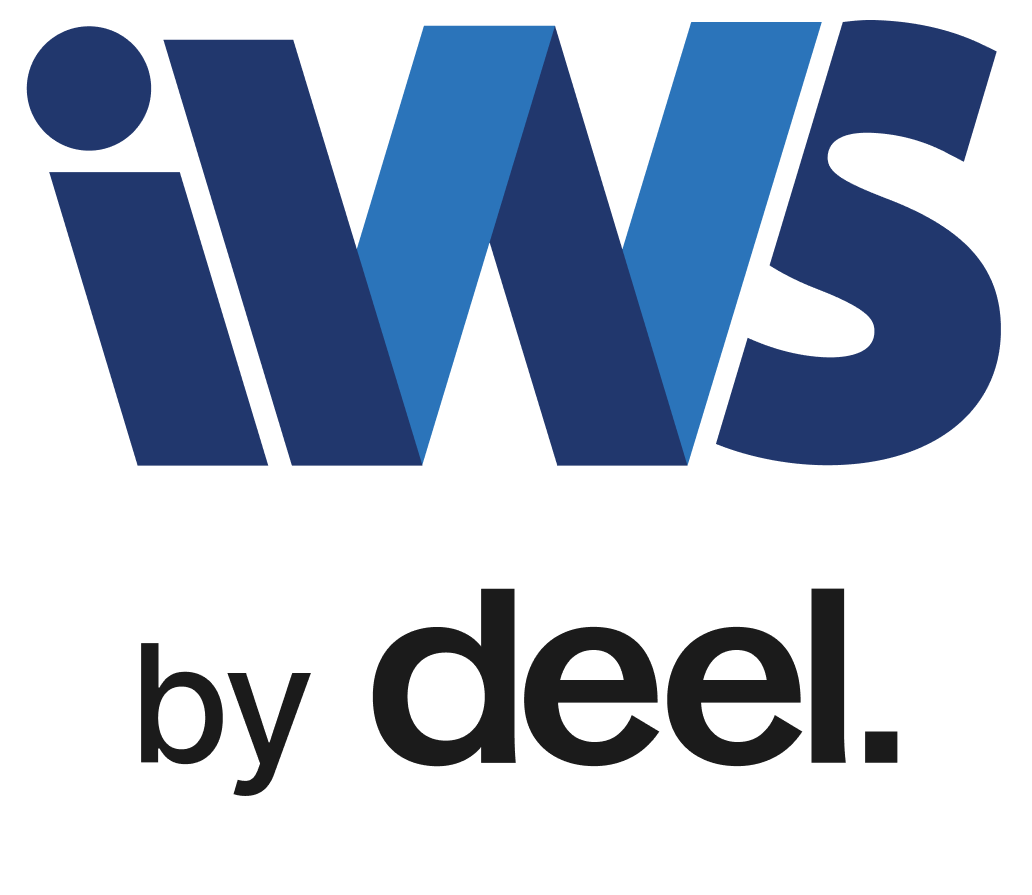Franchises are an interesting beast. You buy into a system, a brand, the promise of a well-trodden path. People choose them because they want a playbook, a way to reduce the uncertainty of starting from scratch. And in a market like Australia, with its own quirks and competitive pressures, that playbook can be incredibly valuable.
But here’s the thing: even with a playbook, some franchisees will crush it, and others will flounder. To really get an edge, you need to know more than just your own numbers; you need to know how your numbers stack up.
“Software solutions offer valuable insights through robust analytics and reporting capabilities. Franchise owners can deep dive into their operational performance, identifying areas for improvement, discovering trends, and ensuring their business is operating at optimum efficiency at all times,” says Paul Tee, Head of Sales at iWS.
This is where most franchises drop the ball. They don’t systematically look at financial benchmarks.
What’s Benchmarking, Really?
At its core, financial benchmarking is just comparing your financial performance, your revenue, your costs, and your profit margins against others. This might be others in your specific franchise network or against broader industry averages.
This is about satisfying your accountant. Benchmarking is like knowing if your speed is appropriate for the type of road you’re on, what other cars are doing, and whether you’re burning too much fuel for the distance you’re covering. It gives you context for your business.
But Why Should You Care?
Peter Drucker famously said, “You can’t improve what you don’t measure.’ If you’re a franchisor, you want your network to thrive. If you’re a franchisee, you want your specific outlet to thrive. Benchmarking isn’t some academic exercise; it’s fundamental data.
Do you know if your cost of goods sold is lean or bloated compared to everyone else selling the same thing? Benchmarking pulls back the curtain. If your numbers are out of whack with the average, it’s a giant, flashing signpost saying, “Hey! Look over here! Potential for improvement (or a pat on the back)!”
For instance, if your COGS is stubbornly high, maybe it’s time for a heart-to-heart with suppliers or a look at your internal processes.
Stop Guessing at Goals
How do you set realistic targets? Benchmarks give you a launchpad. “Top performers in our network achieve X% gross profit. We’re at Y%. What would it take to bridge that gap?” Suddenly, your goals aren’t just ambitious; they’re backed by data.
Find the Hidden Gold (and Plug the Leaks)
This isn’t just about damage control. It’s about spotting the winners. Which locations are knocking it out of the park? What are they doing differently? Can we bottle that magic? Conversely, if one area is consistently lagging, you know exactly where to direct your energy, be it marketing, operations, or maybe just a bit more training.
The Numbers That Actually Matter
You can benchmark a thousand things, but a few tell most of the story for an Australian franchise:
COGS (Cost of Goods Sold): The direct costs of producing or purchasing what you sell—raw materials, manufacturing, packaging, wholesale inventory. High COGS can bleed margin before you even get to overhead. Keep it lean without cutting quality.
Labour Costs: Salaries, wages, benefits, and payroll taxes. People are your biggest asset and your biggest liability if mismanaged. Are you overstaffed, underpaying key talent, or spending without tracking ROI?
Gross Profit Margin: Revenue minus COGS. This shows how efficiently your core business produces profit before overhead. A healthy gross margin is your first line of defence.
Net Profit Margin: The bottom line. After COGS, labour, rent, marketing, taxes, and all other expenses, are you actually making money?
Cash Flow: Can you pay your bills when they’re due? Timing matters. Even profitable businesses can fail if cash is tied up in payroll or inventory.
Revenue Growth: Are you expanding, plateauing, or shrinking? Growth covers mistakes. Flatlines don’t.
Expense Ratios: What portion of your revenue is being swallowed by rent, labour, marketing, and admin? Watching ratios over time helps you catch bloated costs early.
The Franchise Business Review also recommends benchmarking a few non-financial metrics, such as customer satisfaction and customer throughput.
The Australian Angle: More Than Just Rules
Australia has its own Franchising Code of Conduct, which mandates certain financial disclosures from franchisors. That’s a floor, not a ceiling. It’s the minimum required to build basic trust and avoid regulatory trouble. Smart franchisors and franchisees go beyond this. They use benchmarking not because they have to, but because it’s a powerful tool to make everyone better.
Tech Makes This Less Painful
This used to be a nightmare of spreadsheets and manual data entry. Now, cloud-based tools can make collecting, anonymising, and comparing data across a franchise network almost trivial. iWS leads the way with its SWaS (software with a service) model that gives you the kind of support you need to help you make sense of your data.
Good systems will even let you see how you rank on key KPIs without revealing anyone’s specific sensitive data. There’s really no excuse not to do it anymore.
The Real Strategic Edge
In a competitive landscape like Australia’s, you need every advantage you can get. Financial benchmark reporting isn’t just “good practice.”. It’s the difference between flying blind and having a clear dashboard showing you exactly where you are, where you’re going, and where the dangers lie.
By comparing your performance to industry standards, you uncover the insights needed to sharpen your competitive edge. At IWS Australia, we’re here to help you translate numbers into results.
Looking to elevate your business? Get in touch with iWS to see how financial benchmarking can drive your success.
Author: Paul Tee
Paul is Head of Sales at iWS, helping businesses simplify onboarding, rostering, payroll and bookkeeping. With years of recruitment experience in the UK and Australia, he brings a practical, personalised approach to workforce management.









